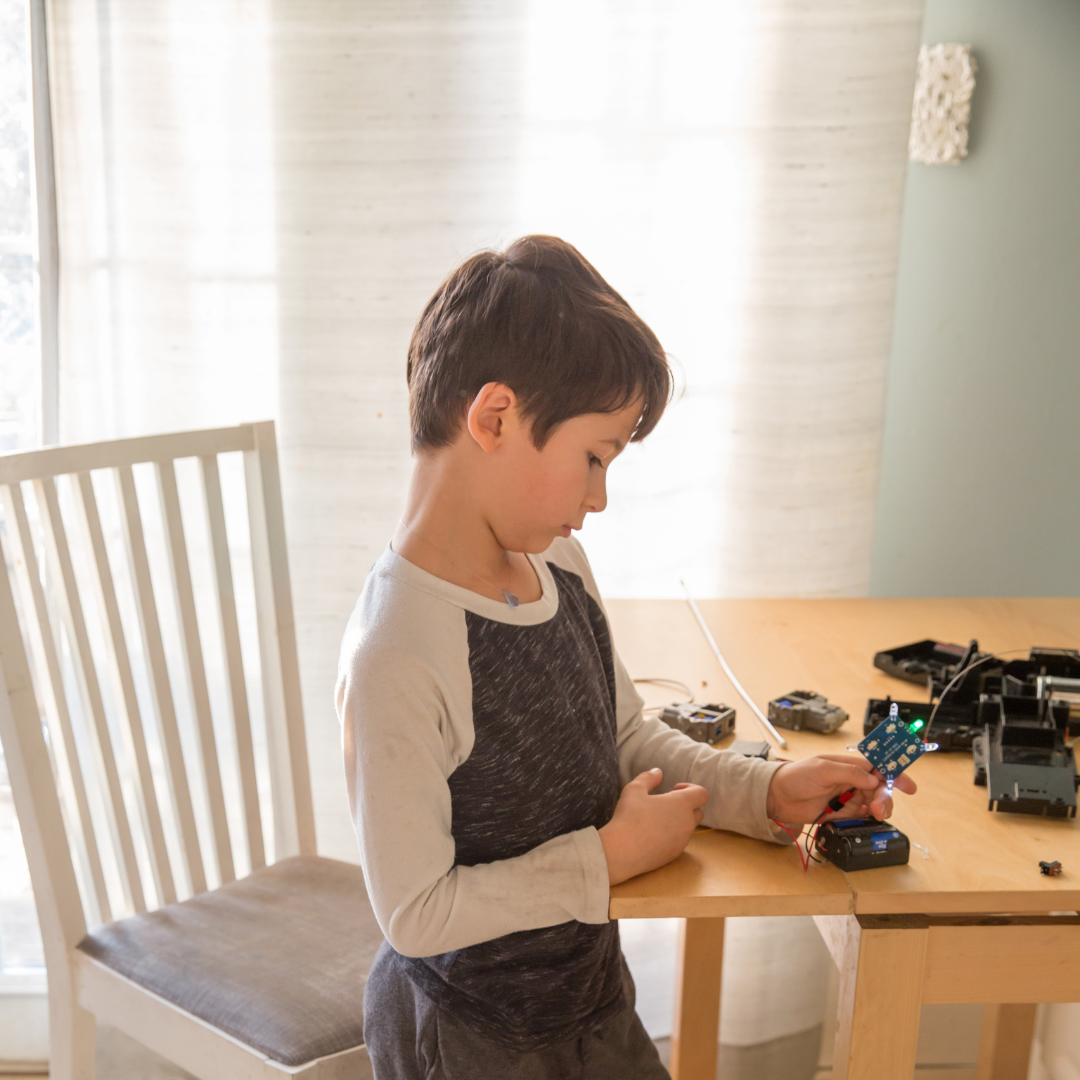When it comes to education, some believe the traditional routes of reading and writing are the best ways for students to learn. Others may argue that science projects are more engaging and ultimately more productive for developing skills in critical thinking, problem-solving, and creativity. If you are looking for a new way to engage your students, consider putting down the books and picking up some science equipment instead.
This article will explore the reasons why science projects can be even more fun than reading a book! We’ll look at what makes these activities so effective and why they should be included in any curriculum.
Kids Learn Best by Doing
Kids learn best when they are actively engaged in the material, not just passively listening or reading. Science projects are great for this because they allow kids to get their hands dirty and explore the concepts they are learning. Plus, they are usually more fun than reading a book!
There are many reasons why science projects are more fun than reading a book. One reason is that you get to be hands-on with the project. You can interact with the materials and see the results of your work firsthand. This is much more engaging than reading about someone else’s experiments in a book. Another reason science projects are more fun is that you can design them yourself. You can choose what to investigate and how to go about it. This gives you a lot of control over the project and allows you to be creative in your approach. Books often have set storylines that can be limiting.
Science projects also tend to be shorter than books, so you can see results faster. This means that you don’t have to invest as much time into the project, making it less of a commitment. And if you don’t like the results of your experiment, you can always try again until you get the desired outcome. These projects are more fun than reading a book because they are hands-on, allow for creativity, and have faster results. So next time you’re looking for an activity, consider doing a science project instead of reaching for a book!
What Type of Learner Are You?
There are three main types of learners: visual, auditory, and kinesthetic. Each type of learner has its strengths and weaknesses.
- Visual learners learn best by seeing things. They can remember information better when it is visually presented to them.
- Auditory learners learn best by hearing things. They can remember information better when it is presented to them in an auditory way.
- Kinesthetic learners learn best by doing things. They can remember information better when they can physically participate in the activity.
Science projects are more fun than reading a book because they allow all three types of learners to participate in the learning process. No matter what type of learner you are, it is important to find a way to learn that works best for you.
Science is Visual
Science experiments are more fun than reading a book because they are visual. Seeing the results of an experiment is much more exciting than simply reading about it in a book. Also, science experiments are often hands-on, so you can get involved in the process and see how everything works. This is much more engaging than simply reading about science in a book.
Scientific Method
The scientific method is a systematic process that helps scientists understand the natural world. It is used to answer questions about how the world works and to make predictions about what will happen in future experiments. The scientific method is also used to develop new technologies and medicines.
- The first step in the scientific method is to ask a question about the natural world. This can be done by observing something in the world around you or by reading about something in a book.
- Once you have a question, you need to do some research to find out what is already known about your topic. This research will help you form a hypothesis, which is an educated guess about how your experiment will turn out.
- You will need to design an experiment to test your hypothesis. This experiment should be designed so that it can be repeated by other scientists.
- After you have conducted your experiment, you will analyze the results and conclusions. If your results support your hypothesis, then you can publish your findings in a scientific journal. If your results do not support your hypothesis, then you will need to go back to the drawing board and try again.
The scientific method is an important tool for scientists because it helps them understand the natural world and make predictions about what will happen in future experiments. It is also used to develop new technologies and medicines.
Science projects are a great way to learn and have fun at the same time. They provide an opportunity for students to get hands-on experience with science concepts, and develop important skills such as problem-solving and teamwork, and ultimately, they make learning more enjoyable than just reading from a book. Whether you’re looking for a creative outlet or something more purposeful, engaging in science projects has many benefits. So give it a try! You never know what amazing results you might achieve!





